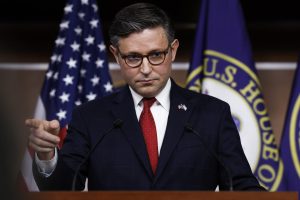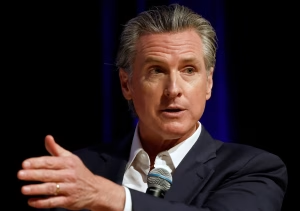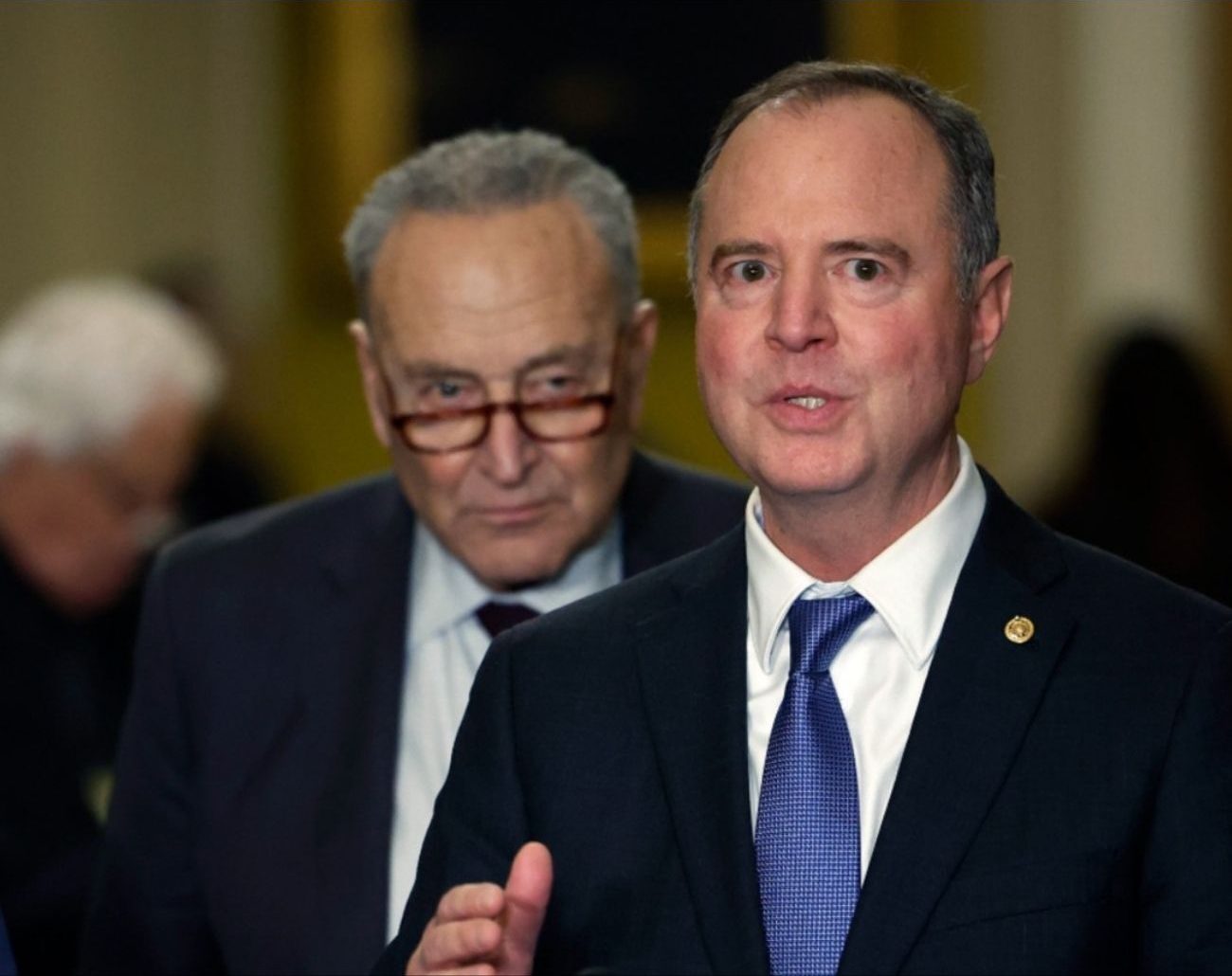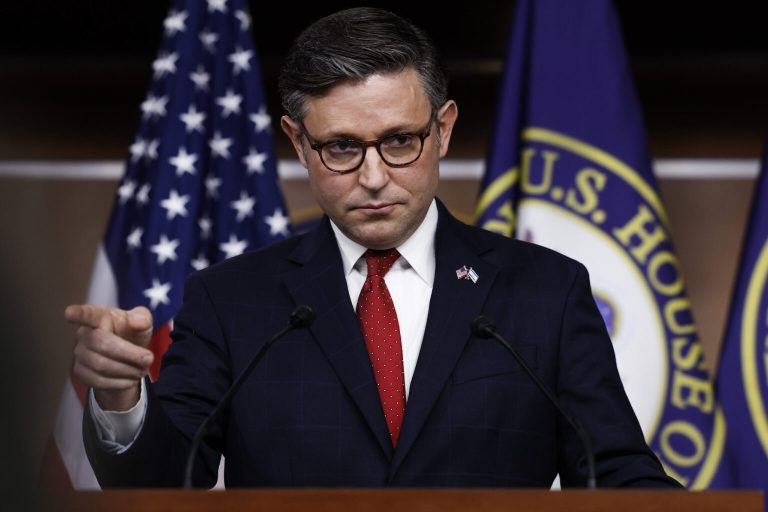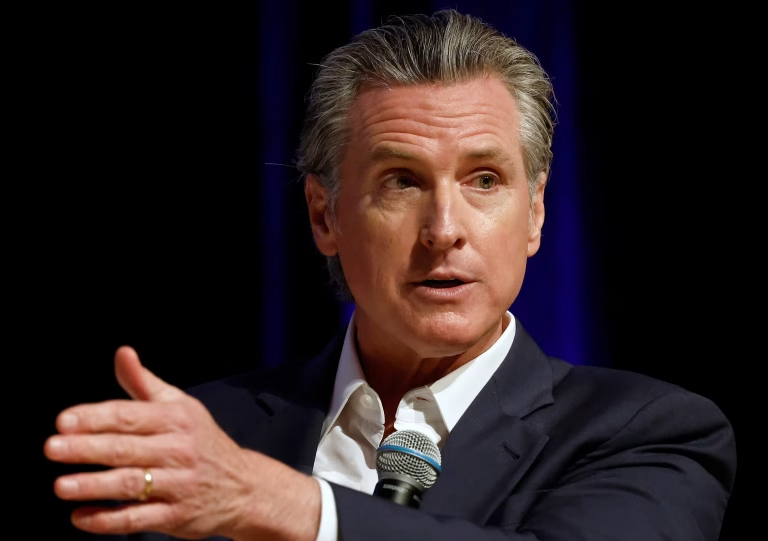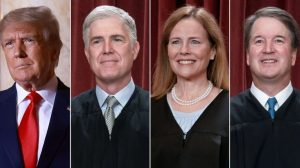Schiff Leak Allegations Resurface Amid Fresh Legal Scrutiny
Newly declassified FBI interview summaries are reigniting questions about one of Washington’s most polarizing political figures: Senator Adam Schiff (D–CA).
A Democrat whistleblower who worked on the House Intelligence Committee for over a decade has come forward again, claiming Schiff authorized the leaking of classified intelligence during the Trump–Russia investigation — a claim that, if verified and prosecuted, could expose the California senator to severe legal penalties.
While no charges have been filed, the whistleblower’s account — supported by now-public FBI documents — paints a troubling picture of internal politics, intelligence handling, and alleged misuse of classified material at the height of partisan conflict.
Inside the Whistleblower’s Claim
According to the whistleblower, Schiff allegedly told committee staffers during an all-staff meeting that the group would release classified information “derogatory to President Donald J. Trump.” The stated goal, according to the account, was to use leaks to damage the sitting president’s credibility and bolster ongoing investigations.
The whistleblower said he immediately objected, calling the plan “unethical and possibly treasonous,” but claims he was assured by others in the room that the leaks would never be traced back.
He later told FBI agents that Schiff believed he had been promised the position of CIA Director if Hillary Clinton had won the 2016 election. The same witness named Representative Eric Swalwell (D–CA) as a possible conduit for some of the leaks.
Shortly after raising his concerns with the FBI, the whistleblower says he was dismissed from his position — a move he viewed as retaliation.
FBI Inaction and Renewed Questions
The whistleblower first reported the matter to the FBI in 2017, shortly after Schiff rose to national prominence as a key Democrat in the Trump–Russia probe. Yet, according to the documents, bureau leadership — including current Director Christopher Wray — took no action.
The same whistleblower reportedly repeated his claims in 2023 to agents in the FBI’s St. Louis field office, again with no visible response. Critics of the Bureau, such as former Trump administration official Kash Patel, say this fits a broader pattern of “two-tiered enforcement” in which politically connected officials are shielded from scrutiny.
“The Bureau has known about this for years,” Patel said in a recent interview. “Instead of investigating credible allegations, they ignored them — the same FBI that aggressively targeted political opponents during that same period.”
The Legal Stakes: What Schiff Could Face
Former U.S. Attorney Brett Tolman broke down the potential legal consequences if prosecutors were to take up the case. Speaking to commentator Benny Johnson, Tolman said the legal exposure “depends on how many leaks are charged” — and each could carry steep penalties.
Under the Espionage Act (18 U.S.C. §793), unauthorized disclosure of classified national defense information carries up to 10 years in prison per count and fines up to $250,000.
If prosecutors found intent “to undermine the United States,” Tolman added, related statutes could push the sentence as high as 20 years per count.
Additional potential charges could include:
-
Theft or Misuse of Government Records (18 U.S.C. §641) — up to 10 years
-
Conspiracy to Defraud the U.S. (18 U.S.C. §371) — up to 5 years
-
Obstruction of Federal Proceedings (18 U.S.C. §1505) — up to 5 years
-
False Statements to Federal Investigators (18 U.S.C. §1001) — up to 5 years
That means, in theory, Schiff could face decades in prison and millions of dollars in fines if convicted on multiple counts. However, such penalties are maximum theoretical exposures; actual sentencing would depend on the number of proven leaks, prosecutorial discretion, and judicial findings.
Political and Legal Experts Weigh In
Legal analysts note that the case raises profound questions about how Congress handles intelligence materials and what protections whistleblowers actually have.
“This would be uncharted territory,” said national security lawyer Mark Zaid. “Members of Congress are generally briefed on classified matters, but the system relies on trust. If that trust breaks down, it’s not just a political issue — it’s a national security one.”
Others caution that the evidence, while serious, may never meet the legal bar for prosecution. “Allegations are not convictions,” said former federal prosecutor Glenn Kirschner. “The DOJ would need hard proof of intentional disclosure — and that’s a high threshold when dealing with political communications.”
Still, the renewed attention has fueled bipartisan calls for greater oversight of how classified intelligence is handled by lawmakers.
Pattern of Controversy
This isn’t the first time Schiff has faced scrutiny over leaks. During the Trump presidency, he was accused multiple times of leaking details from closed-door hearings — accusations he denied as “baseless and politically motivated.”
Republican lawmakers have previously sought ethics investigations into his handling of intelligence, particularly during the impeachment and Russiagate inquiries. None resulted in formal censure.
But the emergence of an internal whistleblower — reportedly a Democrat who worked under Schiff — gives the story new weight.
“This isn’t about partisanship anymore,” said one former committee staffer familiar with the case. “It’s about whether a senior member of Congress crossed lines that were supposed to protect national security.”
The FBI’s Role Under Scrutiny
Beyond Schiff himself, the FBI’s handling of the complaint has come under new fire. Director Wray has faced increasing criticism for what some see as selective enforcement — a charge Wray strongly denies.
Former DOJ officials argue that if credible internal warnings were ignored, that alone could justify congressional oversight hearings. “The FBI can’t pick and choose when it enforces national security law,” Tolman said. “If a whistleblower comes forward and gets silenced, that’s a problem no matter who’s in office.”
Schiff’s Response
Schiff has not yet commented on the newly publicized materials but has previously denied any wrongdoing, calling similar accusations “absurd political smears” designed to undermine his credibility.
His allies point out that he has long been a target of partisan attacks due to his role overseeing intelligence investigations into former President Trump.
A spokesperson for Schiff’s office told reporters in earlier statements that “no classified information was ever leaked, and no evidence has ever supported these claims.”
Broader Implications for Washington
The controversy underscores a growing distrust in how both parties handle sensitive information. National security experts say the political weaponization of intelligence — or the perception of it — can erode faith in government institutions.
“If lawmakers themselves are seen as bending or breaking the rules that protect intelligence,” said one former CIA analyst, “that sends a terrible message down the chain. It tells others that classification only matters when it’s convenient.”
As Washington braces for possible legal and political fallout, both Congress and the Justice Department face renewed pressure to clarify the limits of accountability — even for those at the top.
Legal Risk Breakdown
| Charge | Statute | Max Years (Per Count) | Max Fine |
|---|---|---|---|
| Unauthorized Disclosure of Classified Info | 18 U.S.C. §793 | 10–20 years | $250,000 |
| Theft/Misuse of Government Records | 18 U.S.C. §641 | 10 years | $250,000 |
| Conspiracy | 18 U.S.C. §371 | 5 years | $250,000 |
| Obstruction | 18 U.S.C. §1505 | 5 years | $250,000 |
| False Statements | 18 U.S.C. §1001 | 5 years | $250,000 |
➡️ Total Potential Exposure (if fully prosecuted): Up to 60–70 years in prison and millions in fines.

James Jenkins is a celebrated Pulitzer Prize-winning author whose work has reshaped the way readers think about social justice and human rights in America. Raised in Atlanta, Georgia, James grew up in a community that instilled in him both resilience and a strong sense of responsibility toward others. After studying political science and creative writing at Howard University, he worked as a journalist covering civil rights issues before dedicating himself fully to fiction. His novels are known for their sharp, empathetic portraits of marginalized communities and for weaving personal stories with broader political realities. Jenkins’s breakout novel, Shadows of Freedom, won national acclaim for its unflinching look at systemic inequality, while his more recent works explore themes of identity, resilience, and the fight for dignity in the face of oppression. Beyond his novels, James is an active public speaker, lecturing at universities and participating in nonprofit initiatives that support literacy and community empowerment. He believes that storytelling is a way to preserve history and inspire change. When not writing, James enjoys jazz music, mentoring young writers, and traveling with his family to explore cultures and stories around the world.
